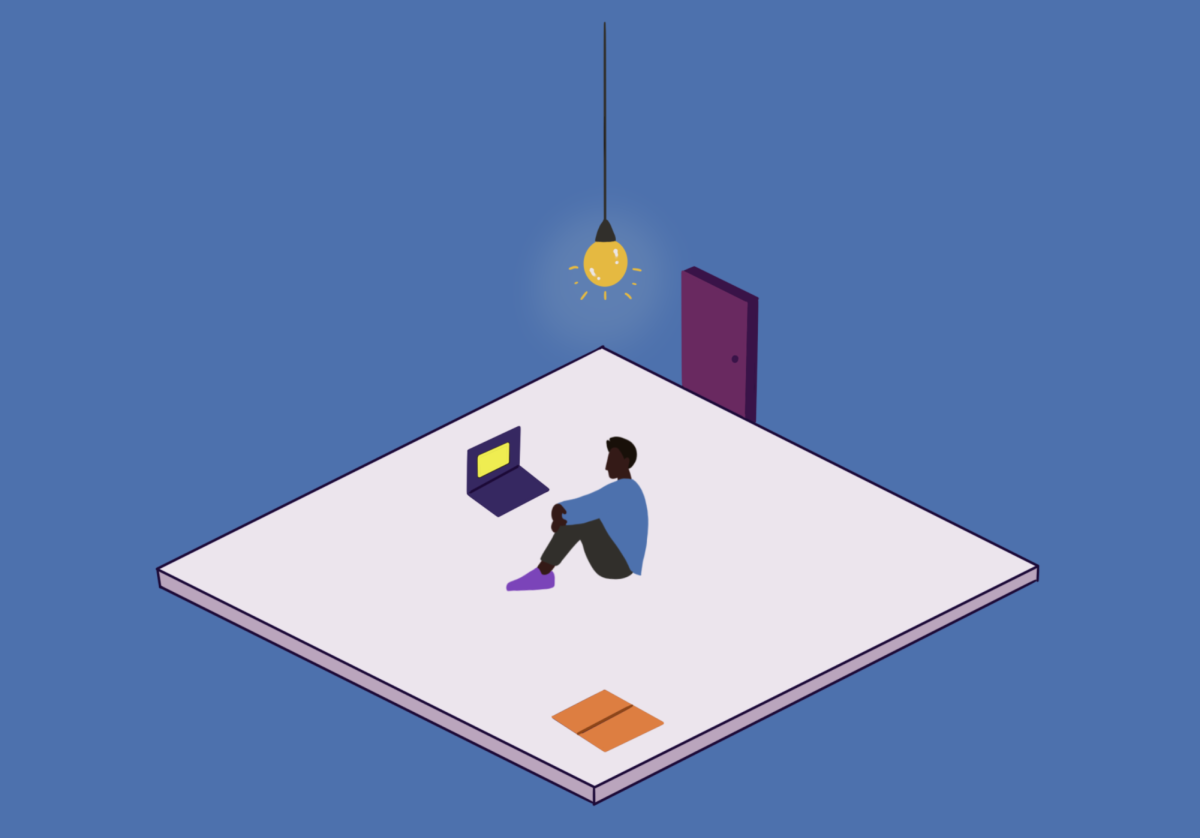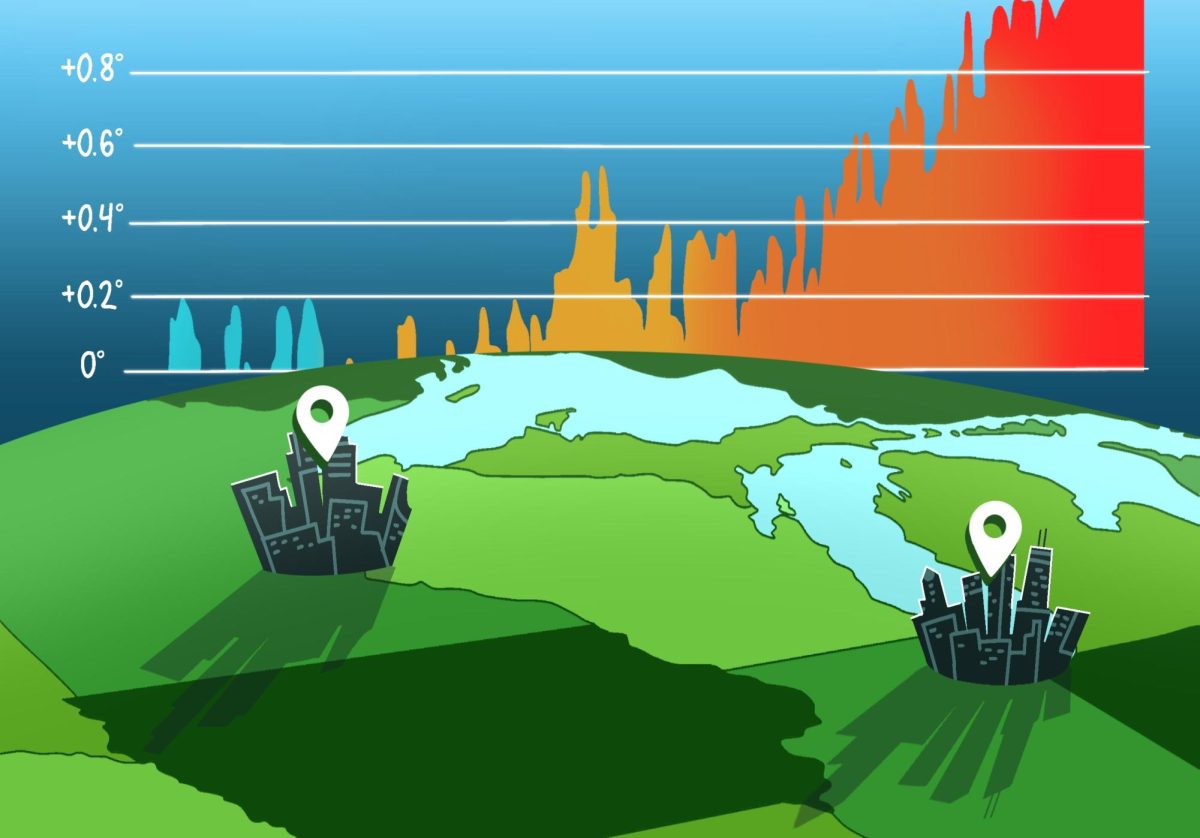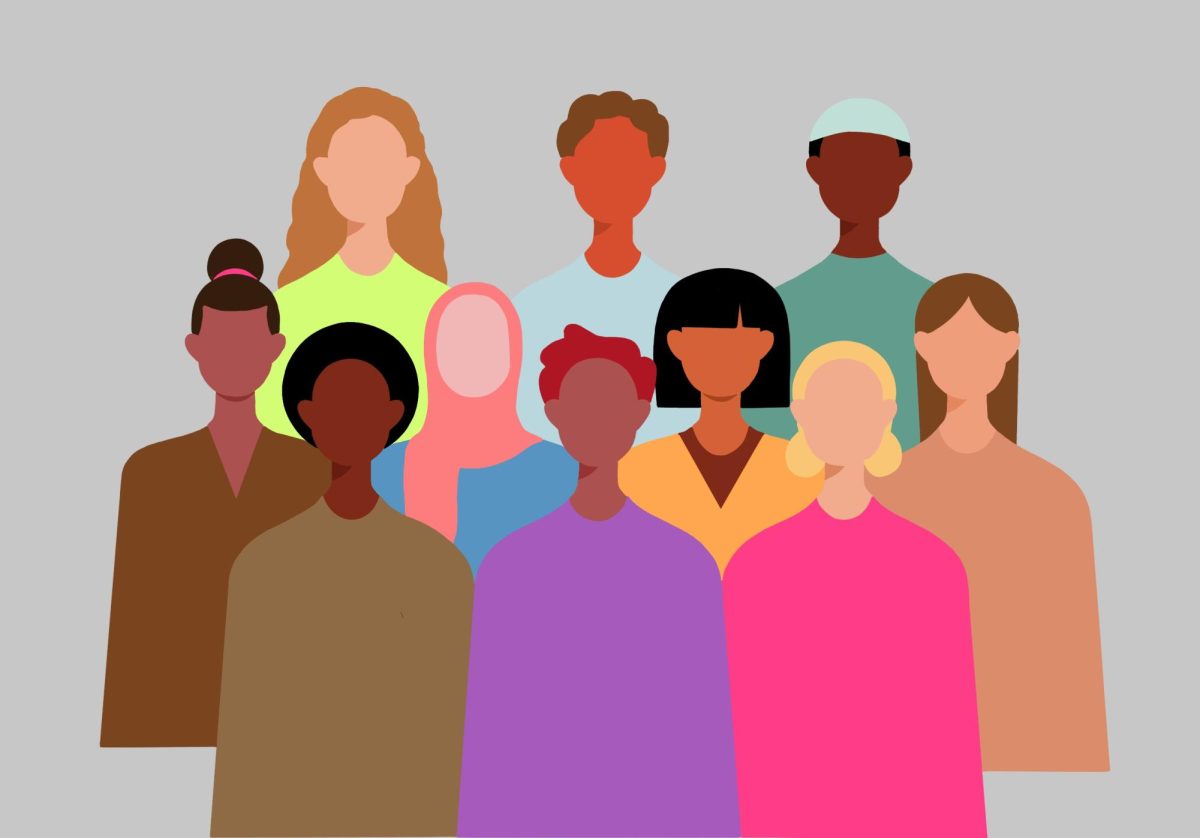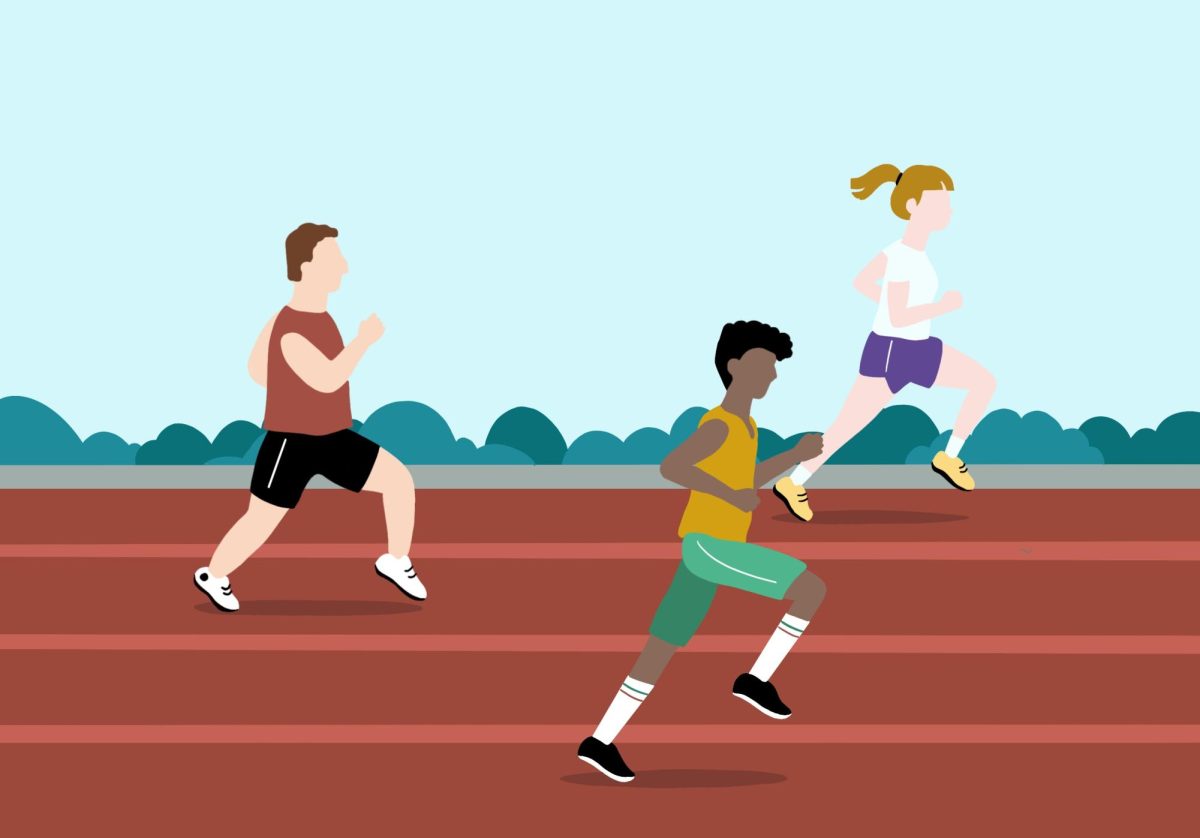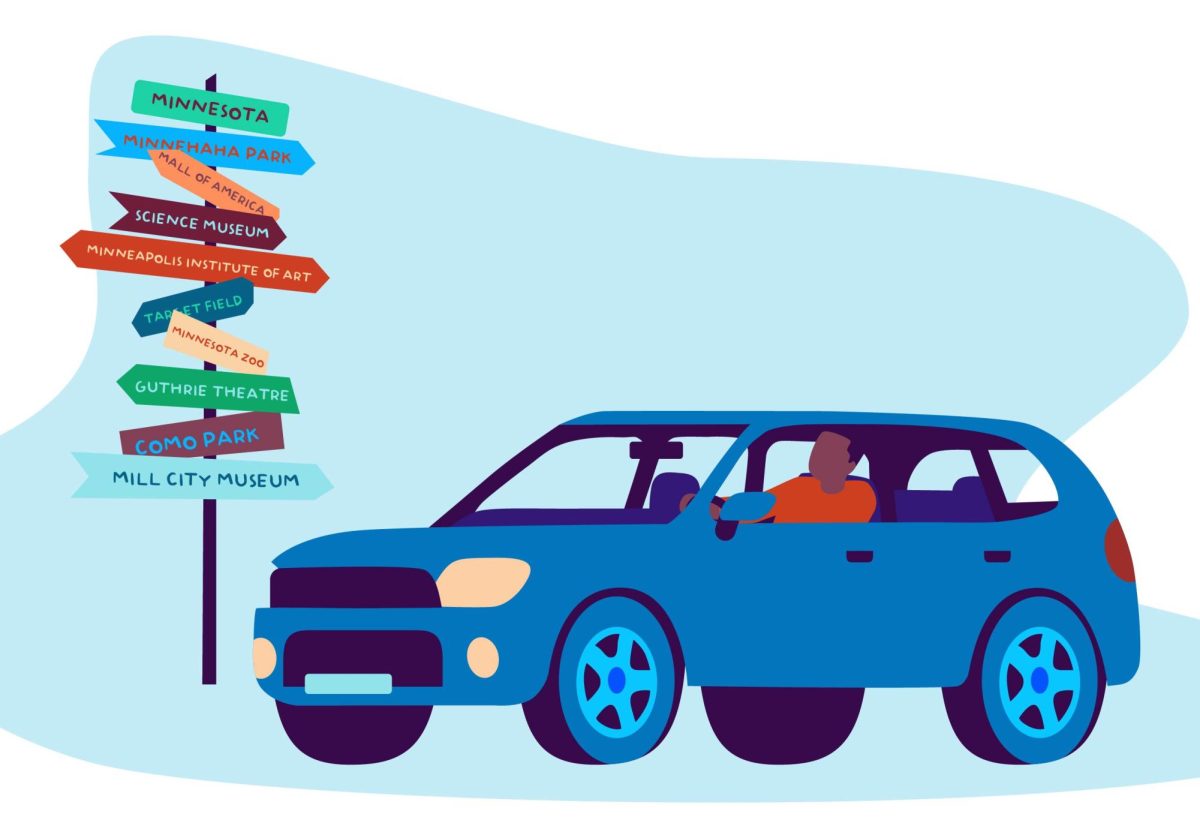Surgeon General Dr. Vivek Murthy released an advisory in May declaring our country is facing a loneliness epidemic. The advisory relayed that even before the COVID-19 pandemic, approximately half of U.S. adults reported experiencing measurable levels of loneliness.
The COVID-19 pandemic is what brought loneliness to the forefront of people’s minds. Everyone felt it and everyone was hurt by it. This feeling of loneliness can be so hard to identify, and for those who are unfamiliar with the experience, it can be hard to define.
“Loneliness is not a technical term and it’s not a clinical disorder. It can lead to disorders, but in and of itself, it’s just a state,” said doctor Sabine Schmid, assistant professor in the Department of Psychiatry and Behavioral Sciences. “The problem is, if there’s prolonged loneliness that is distressing to a person, that means they’re not getting their social needs met for an extended period of time.”
This prolonged loneliness can have a major effect on not only a person’s mental health but their physical health as well.
Lacking social connection increases the risk of premature death by more than 60%. The physical health consequences of loneliness include a 29% increase in the risk of heart disease, a 32% increase in the risk of stroke and a 50% increase in the risk of developing dementia for older adults.
Addressing loneliness and isolation is crucial to effectively combating the mental health crisis in America, especially considering that more than one in five adults and more than one in three young adults are affected by mental illness in the U.S.
For young adults between the ages of 15 to 24, there has been a sharp decline in time spent with friends in person. In 2003, time spent in person with friends by this age group was roughly 150 minutes per day. This has been reduced by nearly 70%, with those in 2020 reaching only 40 minutes per day.
In an age of digital connectedness, it is fair to wonder why young adults are experiencing such high rates of loneliness.
“Young adults are higher in need of social connectedness than other age groups,” Schmid said. “Loneliness is prevalent, not necessarily because they spend less time with others, but because when it [social connectedness] is taken away, they then feel deprived much more quickly.”
Social media makes it possible for anyone to interact online with people at any time. Communities and relationships can be formed easily when a person doesn’t have to leave their house to garner that feeling of social connectedness.
However, something being easy doesn’t mean it’s good.
The motives behind a person’s use of social media are extremely important. One study found that using Facebook to make new friends reduced loneliness while using Facebook for social skills compensation increased loneliness. Another recent study found that using social media for personal contact and maintaining relationships was associated with better mental health, whereas those looking to decrease loneliness through social media or looking for entertainment were associated with poorer mental health.
Social media can create a myriad of contradicting feelings. These online experiences and interactions are still fairly unknown and require more exploration. The feelings they elicit and the norms that are established can be tricky to define as good or bad.
“Sometimes, I wonder, have we just bought into this narrative that young people have less social skills and then we can find confirmation of that?” said psychology professor Liza Merideth. ”When they do have social skills, they’re just different social skills than previous generations are accustomed to. Digital social skills [are] still a type of social skills that are important as well.”
Live streaming is a new force that is becoming a popular form of social interaction. Twitch is one company at the forefront of this phenomenon. Twitch is an American video live streaming service that provides content related to video games, music broadcasts, creative content and “in real life” streams. They have experienced heavy online traffic, garnering an average of 2.58 million concurrent viewers in 2022, as well as 7.6 million users who stream on the platform once a month and 22.4 billion hours of content being consumed.
Though it is a platform I do not use, in the spirit of exploration I decided to delve into it. I watched four different streams to try and understand what the interactions with users and streamers entail. The platform allows users to interact with their streamers through a chat that is visible to all those who are watching. The streamers can communicate with the group and address questions and comments in real-time.
The experience felt both intimate and invasive. Streamers were giving advice to those asking questions, ranging from lighthearted to deeply personal. The guise of honest and open communication is ensured through the intimate setting of seeing people in their homes speaking directly to users by saying their names, but the attention that is given is temporary. How can a relationship be fostered through one brief interaction?
Solutions for this epidemic can be achieved.
“People for decades and decades have felt lonely. The first step is some level of acceptance that loneliness is a part of life for everyone,” Merideth said.
Large-scale intervention is necessary as well.
“I would like to see more support for mental health care. I would love more resources for social support and preventative care, especially for young adults so they don’t get to be in this place where they need to be in a partial hospital program or in the hospital later in life,” Schmid said.
By prioritizing early intervention and providing adequate resources, we can work towards a healthier society.
If you’re lonely, don’t be afraid to share those feelings with others because. Chances are, someone else is feeling the same way as you.










